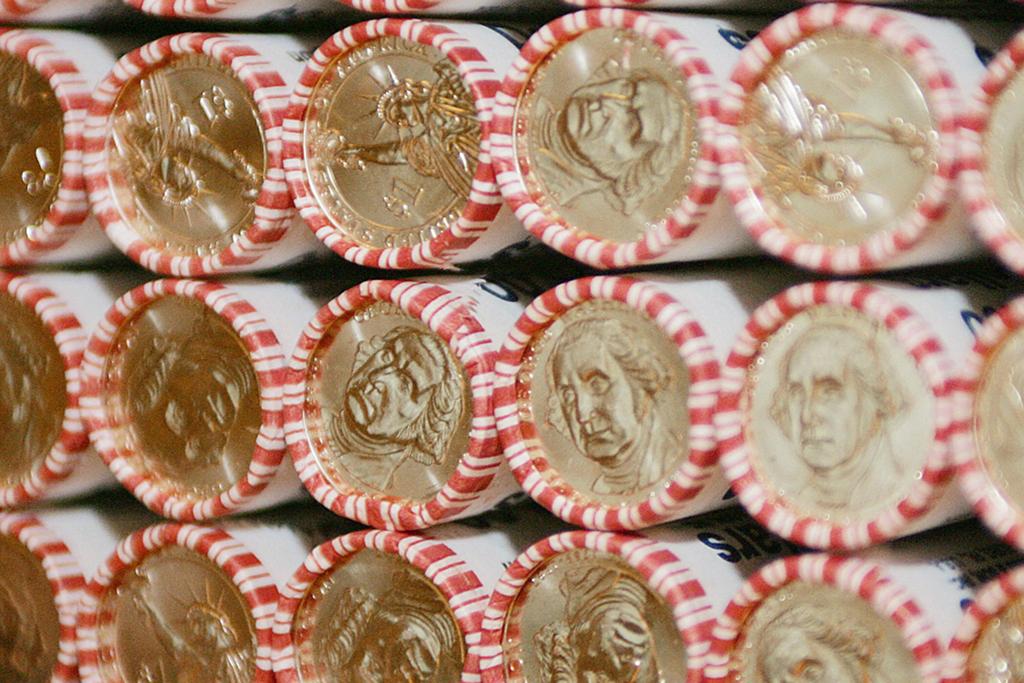As US considers shift to dollar coin, what about the two thirds of bills held abroad?
One dollar coins can stay in circulation up to thirty years, making them far more economical to produce and maintain than bills, which only have a circulation life of four to five years.
The sour economy and looming fiscal cliff have economists and politicians throughout the US investigating any way the government can save money, driving some Mint officials to suggest an unusual course of action: phasing out the dollar bill.
Switching to a dollar coin, rather than the paper version, could save US taxpayers $4.4 billion over thirty years. But the US isn’t the only nation that relies heavily on the almighty dollar bill. What would happen in the other dollar-reliant economies around the world if the paper version were phased out?
Nations like the Federated States of Micronesia, Palau and El Salvador use the dollar exclusively, and it functions as a de facto currency in Cambodia and Lebanon, among others.
Countries usually switch to the dollar when their own currencies become too unstable to do business effectively. Such was the case for Ecuador, when it adopted the dollar after the sucre succumbed to rampant inflation during the country’s banking crisis in 2000.
As a result of being incorporated into struggling economies, the dollar often becomes far more valuable in these countries than it is in the US, leading many foreigners to squirrel away dollars as a more stable form of savings. The Department of Treasury estimates roughly two thirds of US currency is held abroad, many for just that purpose.
Regardless of how different dollar-dependent nations feel about a switch from bills to coins, most of them will probably accept either in favor of whatever native currency (if any) is available. Whether it’s metal or a cotton-linen blend, US dollars have earned a reputation for their reliability as a global currency, especially when the domestic economy is going through a rough patch.
And though Americans’ hesitance to use dollar coins for daily spending halted the currency’s production last year, other countries are far friendlier to pocket-jingling money in all its forms.
Canada phased out its Canadian dollar bill in favor of the quaintly nicknamed “Loonie” in 1987, a move so popular that a two-dollar incarnation was introduced nine years later. European countries like the Czech Republic and Iceland also favor coin-heavy currencies, often demanding a heaping pile to pay for a simple meal or drink.
We want to hear your feedback so we can keep improving our website, theworld.org. Please fill out this quick survey and let us know your thoughts (your answers will be anonymous). Thanks for your time!
